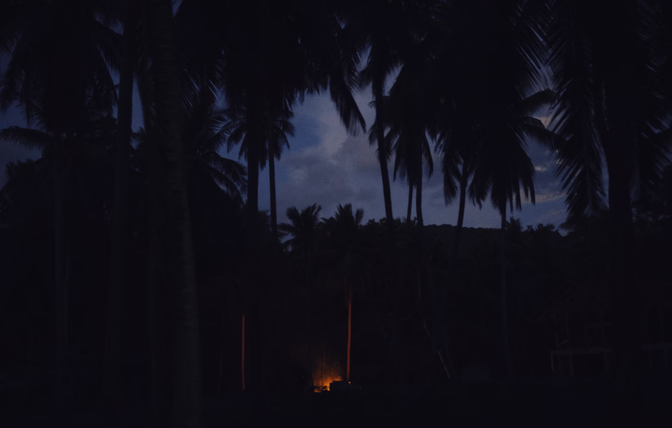
Bali Suffers Record Blackout In Face Of Travel Infrastructure Overload
Tropical haven Bali, Indonesia's jewel resort island, was struck by a record blackout that crippled most of the province. The blackout, which began at around 4 p.m. local time, has caused widespread disruption to the island, affecting tourism, local business, as well as basic services.
Failure of Undersea Cable Causes Mass Power Outage
The power failure in Bali has been attributed to issues with the undersea cables connecting the island to Java, Indonesia’s main island. The disruption originated from the Celukan Bawang PLTU Unit #2, a key power plant, where a malfunction led to a power supply halt that quickly cascaded through Bali’s electrical grid.
State-owned electric company PLN (Perusahaan Listrik Negara) has stated that breakdowns in the submarine cables created power plant shutdowns on the islands, triggering the mass cuts. With the latest updates, PLN succeeded in restoring 43 percent of electricity in the island with even more efforts in place to ensure the restoration's completion.
Locals and Tourists Most Affected
As the Bali sunset drew near, the effect of the blackout was even more forceful. Tour operations—hotels, restaurants, tour operators, and transportation—are greatly affected. In some cases, electronic door locks, elevators, air conditioning, and back-up lighting systems malfunctioned, putting tourists and employees in uncomfortable and even hazardous situations.
Local business, particularly enterprises based on electronic payment systems and cold storage, is struggling to keep their businesses operating. Street vendors and small-scale enterprises, who have most of them no backup generators, have been worst hit.
PLN's Response and Ongoing Recovery Efforts
PLN has dispatched additional teams to accelerate repair efforts and is giving regular updates to the public. Temporary power plants and generators have been used in essential areas such as hospitals and major tourist destinations to provide essential services.
PLN stated that while a significant portion of the electricity supply has been restored, full stabilization of the grid may take additional time. Authorities are also assessing the long-term vulnerabilities of Bali’s power infrastructure to avoid similar incidents in the future.
The Broader Implications for Indonesian Tourism
This blackout has highlighted the need for higher contingency planning and infrastructure resilience in Indonesia's tourism sector. Bali, the country's tourism crown jewel, is the physical proof of how much the hospitality industry depends on consistent power supply.
With already thousands of visitors on the island and tens of thousands more scheduled to travel in the next few weeks, the blackout will have a purely short-term impact on visitor arrangements and consumer confidence. Public managers and industry operators are now obliged to consider risk management processes and improve infrastructure robustness.
Conclusion: A Wake-Up Call for Infrastructure Resilience
The Bali blackout is a poignant reminder of the importance electricity holds in running Indonesia's hospitality and tourism industries. With the country still in its recovery from the pandemic and hopeful to get an influx of international tourists, ensuring such key infrastructure is not brittle should be made a priority nationally.
This episode offers a chance to plug in the necessity of investing in secure energy grids, to build in reserve response capability, and to establish back-up facilities capable of dulling the impact of future breakdowns. Bali is as yet struggling to reclaim its full vigor—but the impact of this fiasco will influence country tourism and infrastructure policy for a generation.













